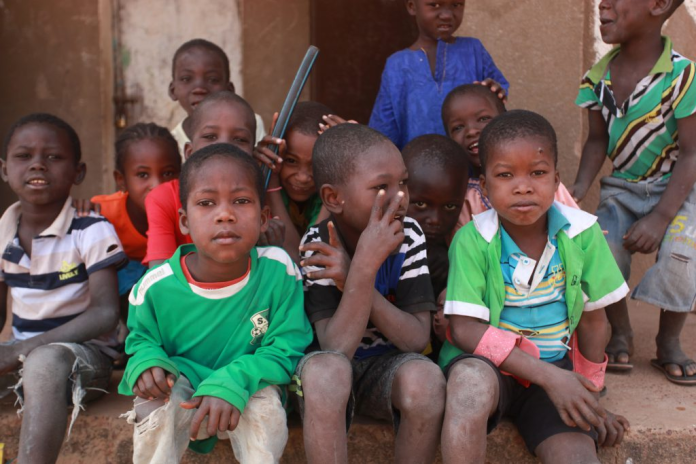
Families of 20 Gambian children who died after consuming cough syrups made in India will take their government to court this month for allegedly mishandling drug imports — a rare step in one of Africa’s poorest countries, where few have the means to challenge authorities.
The parents’ allegations and testimony paint the most comprehensive picture yet of the panic, confusion and heartbreak caused by the drugs.
The affidavits show parents in desperation as children with originally minor ailments succumbed to the tainted syrup.
At least 70 children died from acute kidney injury in the Gambia last year, cases the World Health Organisation (WHO) linked to medicines made by Indian drugmaker Maiden Pharmaceuticals contaminated with diethylene glycol (DEG) and ethylene glycol (EG), toxins normally used as industrial solvents and antifreeze agents. Last year, medicines laced with DEG and EG also allegedly killed 200 children in Indonesia and Uzbekistan.
MORE NEWS
- Doubts over China’s reporting on Covid deaths
- Three children perish from dengue in Sabah
- 2 children died of heatstroke in Kelantan
- PPR children suffering from mental health issues

India’s government has said its own tests showed the syrups were safe and Maiden, which did not respond to requests for comment, has denied wrongdoing.
Now, as Reuters previously reported, parents of 20 of the children are taking legal steps, seeking about US$250,000 in compensation for each child.
Three Gambian lawyers said this is the highest profile case of its kind against the nation’s Health Ministry and the drug regulator, as well as against Maiden itself.
The case shows the risks of importing drugs into countries which — like the Gambia — have no means of testing them before consumption.
It highlights how, in a globalised economy, tainted medicines can poison people across the world with no clear path to redress for victims.
The first hearing is scheduled for Monday. Then the case will be adjourned for 30 days to allow the defendants to file their response, a court spokesman said.

The suit, prepared by lawyers working for no fees, argues that authorities failed to uphold their own laws requiring they ensure that all drugs imported into the Gambia are safe.
The regulator “did not take… any measures to inspect or test the cough syrups for the adulteration and thereby was in breach of statutory obligations”, according to the suit. It adds that the regulator and Health Ministry failed to ensure that drugs were prescribed “with the expected standard of care”.
In a June letter to the parents’ lawyers, the Gambia’s Health Ministry said it had “initiated a number of steps”, including a probe into the incident, which is currently under review.
After the deaths, the World Bank approved funding for the Gambia to build a medicines testing lab. The Gambia’s health spending is the third lowest of any country measured by the World Bank, at US$18.58 per person in 2020, bank data show.
The parents’ testimonies paint a picture of a system powerless to help once the syrups were on the shelves of local pharmacies.
In nearly half the affidavits, parents said they experienced delays in receiving urgent medical attention from a doctor or in getting a diagnosis as their children vomited, stopped urinating, and lost appetite after taking the medicines.
Five took their children to neighbouring Senegal because they thought they had better chances there. But all 20 children died within days of taking the medicine.
One parent, Amie Jammeh, took her 2-year-old son Mafugi Jassey to a pharmacy in mid-August when he developed a fever, she said in her affidavit.
A pharmacist prescribed some medicines.
By this stage, the Gambian Health Ministry had sent samples of the Maiden syrups abroad for testing. But confirmation that they contained deadly toxins did not come until September.
Two hours after taking the first dose, Mafugi began vomiting. His mother continued to give him the drugs for two more days.
When Mafugi did not improve, Amie took him to hospital, where she noticed he had stopped urinating. After a brief consultation, she waited three days for a doctor to visit, she said.
By the time the doctor did come, Mafugi was breathing fast and his stomach and limbs were swollen. The doctor said Mafugi needed surgery, but a blood test was first required to determine the boy’s blood type.
As they waited for the tests, Mafugi died strapped to his mother’s back.
Almost one year on, no one in the Gambia or India has been penalised for the deaths.


